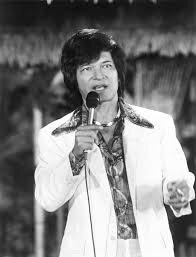I'm just playing with ideas but they're ideas that have some support.
For instance there's a legitimate theory that we are living within a computational simulation. (Distinct from the perceptual simulation of our senses.)
Are We Living in a Computer Simulation?
Also, the one talk by Vallee—which I discovered thanks to you—has always had a profound influence in me. And has made me wonder if he is open to the above idea.
He describes a powerful synchronicity involving the name Melchizedek. He also shares the story of the two earth elementals that describe reality as always already existing or being continually brought into existence (which is not unlike a computer simulation).
And then there is the mystery of quantum physics. Ufology will complain of one conjuring up quantum woo, but the reality is that there is a gap between the quantum and classical worlds.
And there are some who say that mysteries of quantum mechanics make "sense" when contexualized as a computational process, rather than a classical process.
In short, the notion that reality consists of deterministic billiard balls is no longer a slam dunk. The forces guiding the evolution of our reality are deeper and more mysterious than we can fathom.
So I don't write off all "synchronicities" as merely personal oddities with only personal meaning. There is a very teeny, tiny horse breathing inside of me that says: Maybe, just maybe there just is some upper case meaning out there in the void.



 . A round table on the whole consciousness discussion would be cool and wouldn't be complete without you!
. A round table on the whole consciousness discussion would be cool and wouldn't be complete without you!